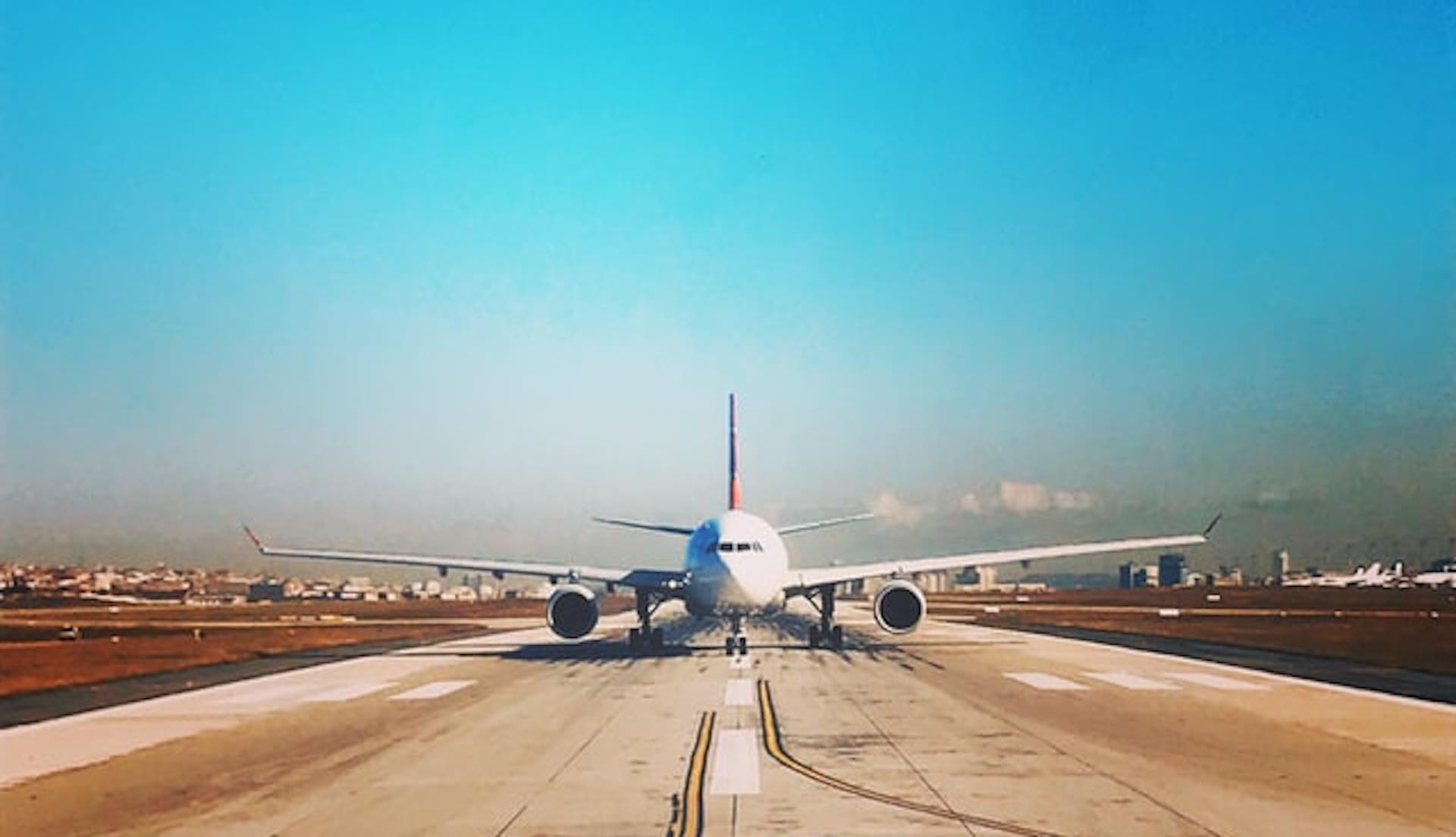Hermes International, a division of Hermes Germany, is a global player in the cargo and parcel business. In the current virus-related crisis, this global activity represents both an opportunity and a risk. In the following interview, Stephan Schiller, CEO of Hermes International (HINT), speaks about logistics in times of the pandemic and the status quo within his own company.
In times of Corona, international logistics is of particular importance when it comes to maintaining global flows of goods. For example, over the next few days, HINT is going to transport several tons of breathing masks from China to Germany. At the same time, the international business of the logistics service provider is largely dependent on the course of the pandemic and the measures taken by the governments in the respective countries.
Mr. Schiller, can you foresee at this point what impact the pandemic will have on your business?
It is definitely too early to make any reliable statements. As of now, we are seeing the impacts of the crisis particularly in the area of freight or supply chain management, as large markets are in lockdown and transport capacities are lacking. This drop is continuing and we will not be able to make up for these shortfalls resulting from the time lost.
In our two largest business segments, International Parcel (Hermes BorderGuru) and International Freight (Hermes SCS), a very ambiguous picture emerges: on the one hand, there is great potential for growth, but of course we are also experiencing the negative effects of the crisis.

Can you give us an example highlighting the ambiguity described above?
Gladly. In the past fiscal year, we more than quadrupled parcel volumes in our business with China. In the current year, we are again aiming to further quadruple the volume – in principle.
However, due to Corona, volumes in February were approximately 50% below our expectations. By the end of March, however, we were already able to increase volumes up to around 60%. Fears that fewer orders will be placed from China due to concerns about virus-contamination on parcels appear to be unfounded. In April, the demand has strongly increased and we are achieving record volumes every day.
What are currently the biggest challenges faced by the international parcel business?
The most severe bottleneck can currently be found in air freight capacity. At the moment, passenger planes, which otherwise carry around 50 percent of the global freight volume, are hardly in use.
We are therefore testing a new shipping option for the US market together with our clients. However, the U.S. is one of the global epicenters of the corona virus – with case numbers continuing to rise. We will need to wait and see how the pandemic develops there, also with regard to transport capacities.
You are also active in the European parcels business. What can you tell us about the status quo?
The European parcels business is relatively stable, as is the national parcels business. Challenges arise on the borders with Poland, France and Switzerland. But in principle, freight transport is doing very well, also thanks to the new law permitting large trucks to drive on Sundays.
Nevertheless, there are restrictions. In Italy, for example, freight transport had been temporarily suspended, and we are witnessing rising prices for imports and exports to and from Turkey. In a few countries, such as Malta and Cyprus, we are currently unable to deliver at all, as these countries were primarily served by air (passage). We hope to be able to resume this service soon.
Let us talk about the international cargo business. What effects of the pandemic are noticeable in this area?
With increasing empty runs in freight transport and the dynamic situation at the European and international borders, the effects on the sea freight business are noticeable as well.
The lack of production in Asia has also created an imbalance: On the one hand, there is an increased demand for exports from Europe, but they can only be transported very slowly due to the lack of import capacities. As mentioned above, the most dramatic scenario concerns the air freight business. The quasi suspension of passenger operations has not only dramatically reduced capacities and thus caused an explosive rise in prices, but the industry will much rather be a different one after the crisis.
What does this entail for your business and that of your customers?
The transportation of goods to and across China has picked up speed again. However, the process of handling ships at the ports is expected to slow down. At the end of March, China was already expecting production ratios just below pre-crisis levels (around 80 percent). Generally, we explain to our customers and clients that delays are still to be expected for goods coming from Asia.
In some countries such as India or Bangladesh, however, the effects are more drastic: nothing is happening here at the moment. This shows us just how important supply chain risk management is. This is an area that we want to focus on in the months to come and significantly increase our consulting expertise.
Something that many industry insiders are not aware of is the fact that you are also involved in humanitarian activities, especially when it comes to aid deliveries. Can you go into more detail about this?
That’s correct. With our own warehouse based at Frankfurt Airport, we are in a good position to take an active role when it comes to aid deliveries. Together with our partner SEKO, we have already flown several tons of respirators from China to Germany for an external client and handled a charter. The demand for breathing masks is increasing, and so is the need for transport capacity and management.
We are also negotiating with some German states to participate in a platform that will enable organizations such as hospitals, nursing homes and doctors’ practices to order directly from the supplier. This should put a limit to the price battle for scarce materials within the healthcare sector.
Especially during the current situation it is very important for us to make a contribution. We will only come out of this crisis if we all pull together in solidarity.
Lastly, let’s take a peek into the future: Will the crisis have long-term effects on the industry? And if so, what do you think these will be?
I think that the airfreight industry in particular will be different after the crisis. At present, the Lufthansa Group has decommissioned 700 out of 780 of its own aircrafts. It is not only in the business sector that we will have to adapt to changes. As I said, we are currently experiencing a dramatic situation in India – this fascinating and so multifacetted country has “shut down” from one day to the next. We will certainly witness the effects of this development in the freight sector.
My personal assessment is that we are passing the peak of globalization with this crisis. Corona will definitely have long-term effects on our industry. Together with our customers and partners, we want to strongly develop in the fields of sustainability issues and supply chain risks in future. As a whole, we must succeed in quickly adapting to the new “normal” and view it as an opportunity.

